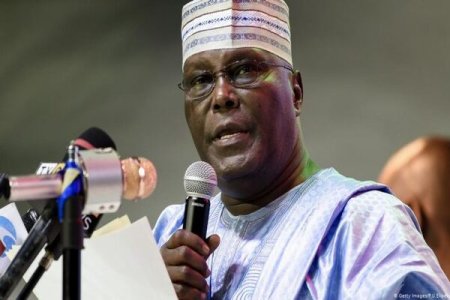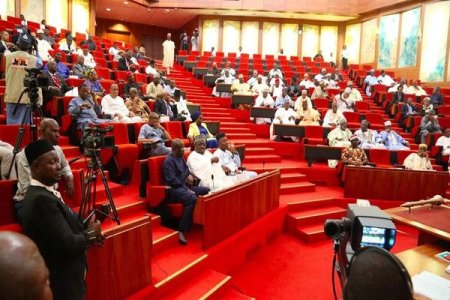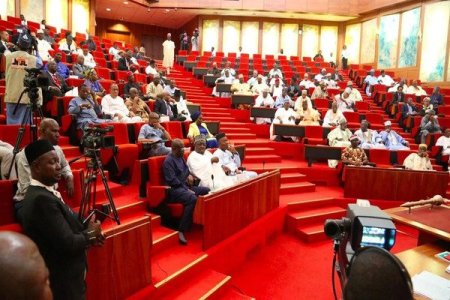
South Korean President Yoon Suk Yeol is facing impeachment after attempting to impose martial law on December 3, 2024. The move, which was rejected by parliament, led to political unrest. Opposition lawmakers have filed impeachment proceedings, accusing Yoon of "crimes of rebellion" and seeking charges against key officials involved.
South Korean President Yoon Suk Yeol is facing impeachment proceedings after an attempt to impose martial law on December 3, 2024, which was quickly rejected by the country’s parliament. Yoon’s martial law order created significant political chaos, leading to protests and unrest in Seoul. The order, which included a ban on political activity and media censorship, was deemed an overreach by the opposition parties.
Following this attempt, lawmakers from several opposition parties filed a motion for impeachment, accusing Yoon of undermining democracy. They have labeled the president’s actions as “crimes of rebellion” and are seeking charges against him and other government officials involved in the martial law declaration, including Minister Kim Yong-hyun and Interior Minister Lee Sang-min.
The opposition emphasized that the situation required urgent action to protect the country’s democratic integrity, with Kim Yong-jin, a representative from the Democratic Party, calling for the impeachment vote to take place as soon as possible. Despite the political crisis, daily life in Seoul has continued with schools, banks, and government offices operating normally. However, protests remain ongoing as citizens voice their discontent over the president’s actions.
Yoon, who was elected president in 2022, now faces a highly uncertain future. His decision to impose martial law has led to fierce criticism and divisions, with the motion to impeach likely to be a pivotal moment in his presidency. The opposition is determined to hold him accountable for what they view as an assault on South Korea’s democratic values.





